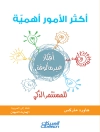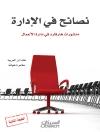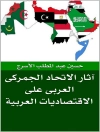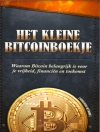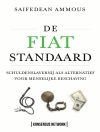NAFTA entered into force in 1994 after a bitter Congressional debate. But NAFTA in operation has proved no less controversial than NAFTA before ratification, for both supporters and opponents of trade liberalization have cited experience with the agreement to justify their positions. To provide a factual basis for this ongoing debate, the authors evaluate NAFTA’s performance over the first seven years, comparing actual experience with both the objectives of the agreement’s supporters and the charges of its critics. They then examine future challenges and opportunities in the trade and investment relationships among the three partner countries and the broader implications for new trade initiatives throughout the hemisphere.
Despre autor
Gary Clyde Hufbauer, Reginald Jones Senior Fellow since 1992, was formerly the Maurice Greenberg Chair and Director of Studies at the Council on Foreign Relations (1996–98), the Marcus Wallenberg Professor of International Finance Diplomacy at Georgetown University (1985–92), senior fellow at the Institute (1981–85), deputy director of the International Law Institute at Georgetown University (1979–81); deputy assistant secretary for international trade and investment policy of the US Treasury (1977–79); and director of the international tax staff at the Treasury (1974–76).Erika Wada, former visiting fellow at the Peterson Institute, is a Ph D candidate at Michigan State University. She is coauthor of Local Content Requirements: A Global Problem (2013) and The Benefits of Price Convergence: Speculative Calculations (2002) and coeditor of Unfinished Business: Telecommunications after the Uruguay Round (1997).Tony Warren assisted on this project while teaching at the Australian National University.Jeffrey J. Schott joined the Peterson Institute for International Economics in 1983 and is a senior fellow working on international trade policy and economic sanctions. During his tenure at the Institute, Schott was also a visiting lecturer at Princeton University (1994) and an adjunct professor at Georgetown University (1986–88). He was a senior associate at the Carnegie Endowment for International Peace (1982–83) and an official of the US Treasury Department (1974–82) in international trade and energy policy. During the Tokyo Round of multilateral trade negotiations, he was a member of the US delegation that negotiated the GATT Subsidies Code. Since January 2003, he has been a member of the Trade and Environment Policy Advisory Committee of the US government. He is also a member of the State Department’s Advisory Committee on International Economic Policy.Paul L. E. Grieco, doctoral student at Northwestern University’s Department of Economics, was a research assistant at the Institute for International Economics.


